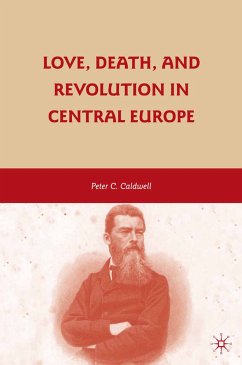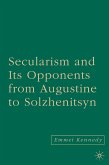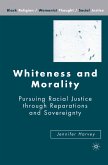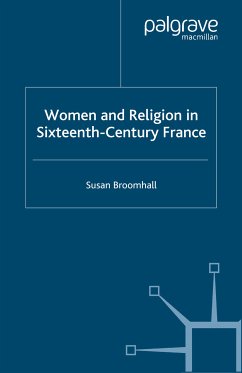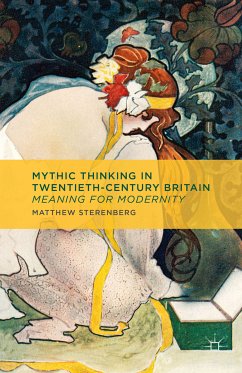Dieser Download kann aus rechtlichen Gründen nur mit Rechnungsadresse in A, B, BG, CY, CZ, D, DK, EW, E, FIN, F, GR, HR, H, IRL, I, LT, L, LR, M, NL, PL, P, R, S, SLO, SK ausgeliefert werden.
"A fine, innovative work of intellectual history. Caldwell reconstructs a sometimes overlooked side of the philosophical origins of the history of German radical thought, unearthing some of its forgotten potential for later counter-cultural movements, but also showing how, in the hands of Wagner, one current of post-Feuerbachian thought veered into more dangerous waters of myth and racism." - Dr. Andrew Bonnell, Senior Lecturer, History and Convener of History discipline, School of HPRC, University of Queensland, Australia

